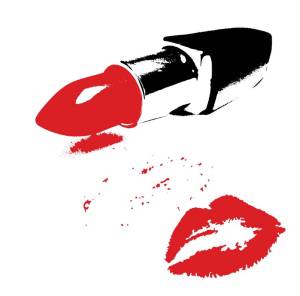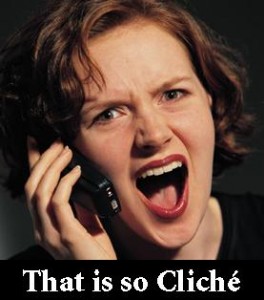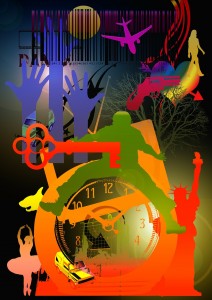 Any time you are having trouble structuring your story’s plot and look for advice… God help you. It’s a heaving sea of templates and graphs and step-ins and theories and jargon, and many run to book length. Some, like “Hero’s Journey” verge on being religions.
Any time you are having trouble structuring your story’s plot and look for advice… God help you. It’s a heaving sea of templates and graphs and step-ins and theories and jargon, and many run to book length. Some, like “Hero’s Journey” verge on being religions.
I would suggest that you look for the simplest, most powerful skeleton key you can find. And I’ll be a little more directive; I think it might be this video by Michael Arndt, who wrote Toy Story 3 for Pixar. Yes, it’s about screenwriting. Yes, it deals only with the first act… but the principles are valid in any story, and once your first act is nailed down, you’re on your way. See it here: http://nofilmschool.com/2014/04/get-your-first-act-written-pixars-michael-arndt-shows-how-video/
An even simpler, and very time-tested, principle that cuts you to the chase is the concept of “tragic flaw”. Remember that from reading Hamlet and Macbeth and Sophocles? Anybody will tell you that your hero or protagonist or MC or whatever you want to call them doesn’t absolutely have to have a “tragic flaw”. But it sure does make it easier.
As Arndt says, faced with trouble, he can take the moral high road or the low road of his own weakness…and if he takes the high road you don’t have a story. Another term for “taking the low road” is “tragic flaw”.
But there is another way to set that mechanism up without there being anything wrong with your main guy. You don’t need a flawed main man—just hook him up with a woman who’s no good for him and let her do him wrong. My best-reviewed and most popular novel is “Sweet Spot”, featuring baseball star turned Mazatlan political journalist Mundo Carrasco. He’s a character that both men and woman alike find pleasant: he’s a main thing that’s made that book sell. But there is nothing really wrong with him. What he has, to generate conflict and dip him in the soup, is an obsession with a woman. And she is a femme most definitely fatale, no question in your mind that he should get the hell away from her. But what’s a guy going to do when he’s being led by the leading portion of his anatomy? He’s infatuated. That’s a real key to the appeal of that book: chicks dig the idea of a guy who’s so gone on a woman that he’ll follow her right down the tubes. Continue reading “You Don’t Need a Tragic Flaw, Just the Wrong Woman”



